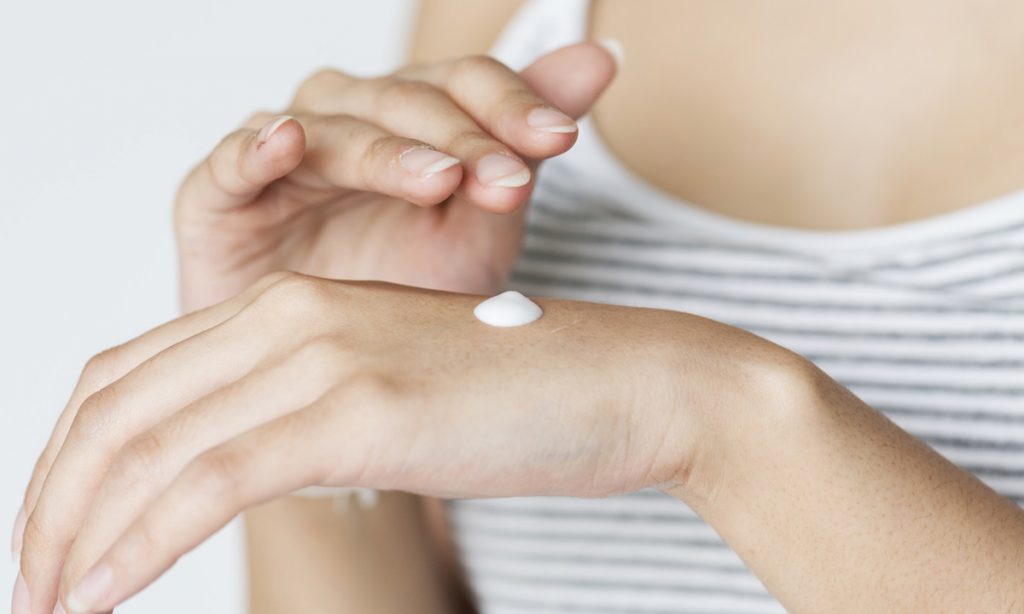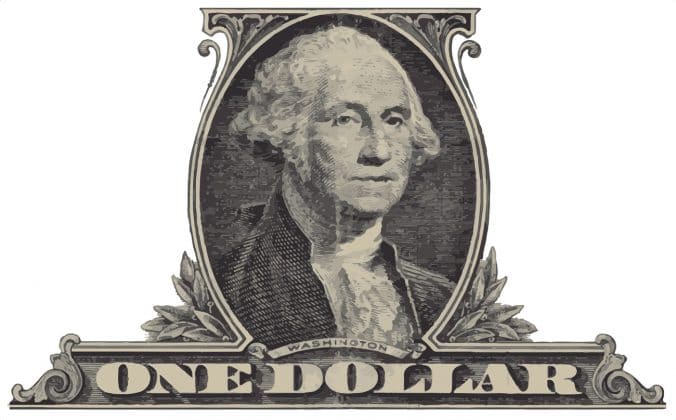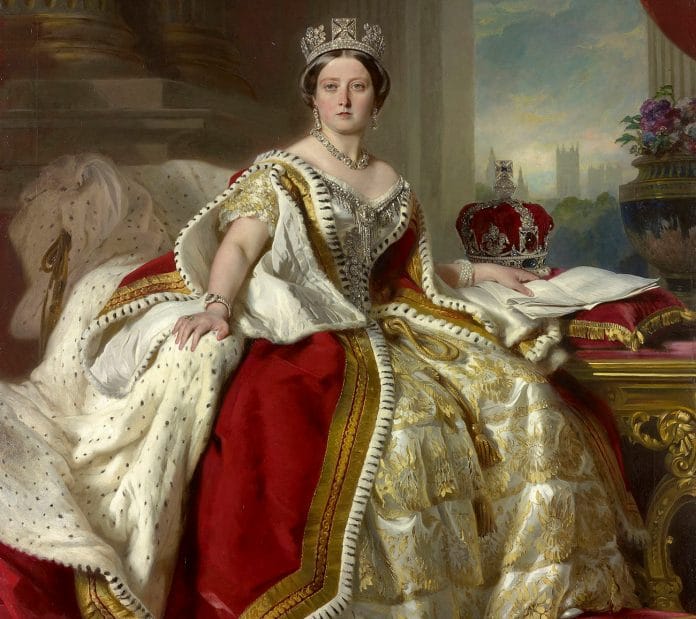These 3 States will begin selling recreational pot fairly soon
Pardon the cliche, but the marijuana industry is budding before our eyes. Even though cannabis sales have existed behind the scenes for decades, we're beginning to see the impact of how big a legalized marijuana industry could be. Last year, legal global sales sprouted to $10.9 billion, which more than tripled worldwide legal weed revenue from 2014. Looking ahead, sales could quadruple by the time 2024 rolls around.
Although the entire world is an opportunity for the cannabis industry, it's the United States that happens to be the crown jewel. Despite estimates varying wildly on Wall Street, one constant is that the U.S. will run circles around other countries when it comes to total sales.
To date, 33 U.S. states have given the green light for physicians to prescribe medical marijuana to patients for select ailments. Additionally, 11 states have given the all-clear for recreational consumption, with eight states – Washington, Colorado, Oregon, California, Nevada, Massachusetts, Maine, and Alaska -- currently selling adult-use marijuana in licensed retail dispensaries.
What happened with the other three recreationally legal states, you ask? Well, as you're about to read, sales should begin fairly soon.

Illinois: Sales to commence on Jan. 1, 2020
In late June, Illinois Gov. J.B. Pritzker, a Democrat, put pen to paper and officially signed HB 1438 into law, legalizing recreational weed in the Land of Lincoln, and expunging the criminal records of nearly 800,000 residents with nonviolent crimes who had previously possessed or purchased cannabis. The bill sets up a timeline to commence marijuana sales as of Jan. 1, 2020.
Among U.S. states, Illinois has a chance to be one of the major players in the marijuana industry. When the duo of Arcview Market Research and BDS Analytics released their newest report, "State of the Legal Cannabis Markets," they pegged Illinois for $1.14 billion in annual pot sales by 2024. That should be good enough for 10th-highest among the 50 states.
Illinois represents an intriguing market for a number of U.S. multistate operators, including Cresco Labs (OTC:CRLBF), which aims to have a presence in 11 states. Through organic expansion and acquisitions, Cresco has five retail locations near highly populated Illinois cities and suburbs, and is likely going to be one of the state's top-three cannabis players by market share. According to a June press release from the company, Cresco will also be allowed to open up to five additional dispensaries come January 2020, doubling its presence to the state-maximum of 10 retail locations.
This upcoming sales launch in Illinois nicely complements Cresco's push into the California market via its pending acquisition of cannabis distribution company Origin House.

Michigan: Sales should start in the first quarter of 2020
Unlike most states, which have set relatively concrete dates when adult-use marijuana sales would begin, Michigan's official launch date has been met with a lot of question marks and shoulder shrugging as the state outlines its game plan. Residents voted to legalize recreational marijuana in Nov. 2018.
What we do know is that licensed medical marijuana dispensaries are initially the only businesses that'll be able to obtain a recreational retail license. Since these stores have already been vetted by Michigan's regulatory agencies, this should speed up the licensing approval process.
Unfortunately, recreationally licensed stores will still to wait for growers to obtain state licenses for adult-use production. Yes, the state differentiates crops between medical and recreational, and will therefore require growers to obtain separate licenses depending on where their cannabis will wind up (cue the eye roll). This puts the first crop of recreational cannabis in licensed dispensaries sometimes in the first quarter of 2020 (most likely), with sales commencing no later than late March 2020.
Michigan's legalization should be viewed as a nice boost for MedMen Enterprises (OTC:MMNFF), which is in the process of establishing a significant presence in California and Florida. MedMen's pending all-stock acquisition of PharmaCann will give the burgeoning upscale retailer access to six new states, including the Wolverine State. Arcview and BDS Analytics has forecast $1.48 billion in legal weed sales for Michigan by 2024, making it the fifth-most valuable state in the country for marijuana spending.
As a side note, it's also worth mentioning that MedMen expects to open up to 10 retail locations in Illinois, too.

Vermont: Retail sales may begin by July 2021
The wait will also be over for Vermonters in due time, although they'll be waiting a bit longer than folks in Illinois and Michigan.
In January 2018, Vermont became the first state to use the legislative process to legalize recreational marijuana. This is a fancy way of saying that the state's lawmakers voted in favor of legalizing adult-use marijuana, rather than putting the measure to vote on a statewide ballot. Though this history-making moment did legalize adult weed consumption, it did not authorize the sale of recreational pot.
Vermont's lawmakers have been discussing and formulating a plan on a recreational sales timeline for more than a year. One of the most recent bill iterations called for cultivation license to be issued in Feb. 2021, with laboratory testing and wholesaler shipments commencing in April and May 2021, respectively. By sometime in mid-July 2021, retail sales could begin.
The issue has been the difficulty in reaching a consensus on the excise tax rate to be charged, and in assuaging Gov. Phil Scott's (R-Vt.) concerns about impaired driving. Scott has said he wouldn't sign any retail legislation that didn't include specific guidelines on saliva testing for cannabis impairment. Assuming some sort of consensus can be reached, Vermonters should be less than two years away from adult-use sales beginning.
Though Vermont is a relative small fry compared to the likes of Michigan and Illinois, legal retail sales will be a positive for Curaleaf Holdings (OTC:CURLF). That's because Curaleaf is in the process of acquiring privately held multistate dispensary operator Grassroots for $875 million in a cash-and-stock deal. Grassroots will provide Curaleaf with access to seven new states, including Vermont.
It's possible new states could launch recreational pot sales before Vermont, but for the time being, these are the three states that are "on-deck" to commence recreational sales next.
10 stocks we like better than Curaleaf Holdings, Inc.
When investing geniuses David and Tom Gardner have a stock tip, it can pay to listen. After all, the newsletter they have run for over a decade, Motley Fool Stock Advisor, has quadrupled the market.*
David and Tom just revealed what they believe are the ten best stocks for investors to buy right now… and Curaleaf Holdings, Inc. wasn't one of them! That's right -- they think these 10 stocks are even better buys.





